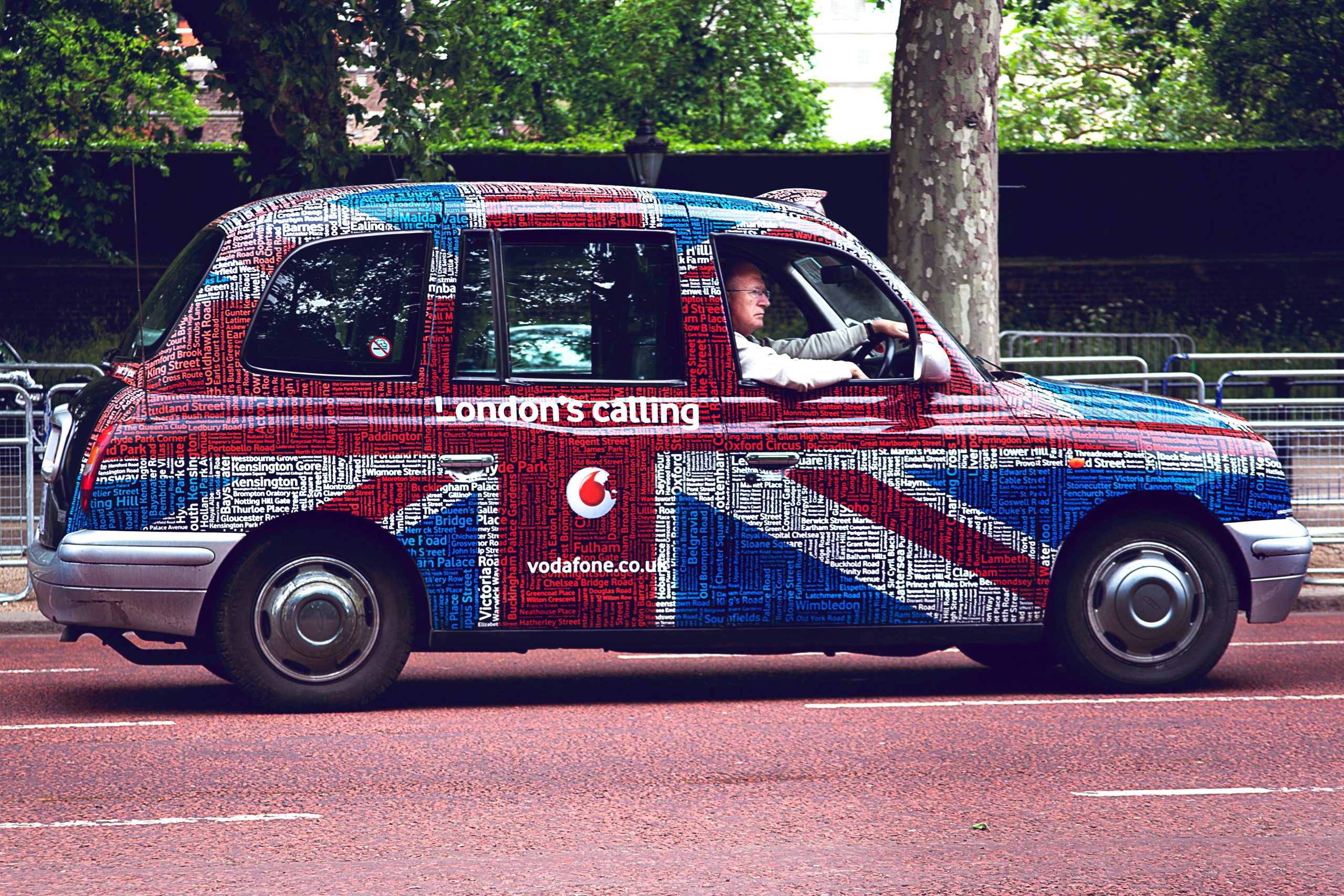The Professional Services sector employs 21.4% of workers in the UK, the highest percentage within any single occupation. This includes legal services, of which the UK has one of the largest industries in the world. With a reputation for long days and late working hours, personal safety is an increasing concern, as a survey* revealed that 44% of organisations reported incidents related to personal safety in the last year alone. This issue is being further compounded by a national shortage of taxis – limiting safe travel options and hindering the ability for employees to get home safely – especially late at night.
Post Covid, the Licensed Private Car Hire Association (LPHCA) estimates that the UK’s taxi and private hire industry is suffering a shortfall of 160,000 drivers – down from the 300,000-strong workforce pre-pandemic. With demand for taxis plummeting through lockdown, thousands of drivers were forced to quit the industry to work for the likes of Amazon, and recruiting efforts have since been hampered by licensing delays.
A quarter of Professional Services employees report feeling unsafe travelling home after working late, rising to 1 in 3 for women and, with 24-hour tube lines restricted to peak days – and only available to London workers at that – these concerns are being further fuelled by a shortage of alternative travel options. For many employees, personal safety is an everyday worry, with 25% reporting experiencing threatening incidents – be it late at night, on the daily commute, travelling for business, or interacting with the public.
Peoplesafe CEO and BSIA Chair of the Lone Worker Group, Naz Dossa, says: “The shortage of taxis post-Covid has been a talking point for a while, and for professionals like those in the legal industry, who need to travel home at unsociable hours, it raises the question of whether employers require extra resource in place to protect the staff who often have no other choice but to leave their desks late.
“According to our survey, 78% of the Professional Services sector work late at least occasionally and 30% work late at least once a week.
“With increasing safety concerns, coupled with the nationwide taxi shortage, it’s not surprising that 46% of employees have felt discouraged from working out of hours. Such is the anxiety within the workforce, that 1 in 10 respondents reported changing their role to reduce their level of business travel, while 24% of people admitted they would leave a role due to personal safety concerns. This is unquestionably bad news for retention within the UK legal system, which is forecast for growth.”
More often than not, there is no adequate system in place that checks in to make sure employees get home safe either. This lack of safety systems can leave employees feeling vulnerable and unprotected by their employer.
With 25% of Professional Services employees reporting that safety concerns affected not just their work performance but their overall wellbeing, this begs the question, what will it take for employers to adequately protect their workforce?
Research finds that many employees already recognise the benefits of personal safety solutions and would take one up if offered by their employer – and it’s not just safety during work hours that should be the focus. A 24/7 personal safety service provides round the clock protection, with employers able to deliver an extended duty of care without having to always be available.
Naz Dossa says: “With 44% of Professional Services organisations reporting incidents relating to personal safety, and yet, shockingly, 29% of businesses taking no action at all, it’s clear that employee safety needs to be made a much bigger priority across the board.”
*Peoplesafe survey click here









